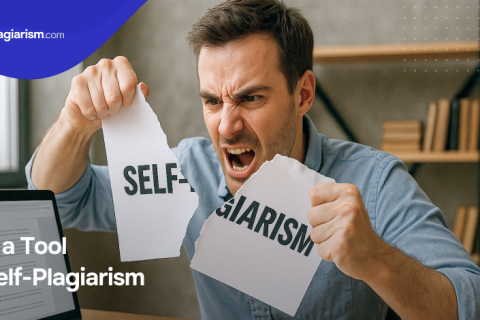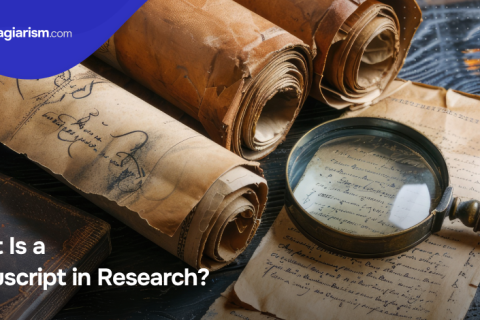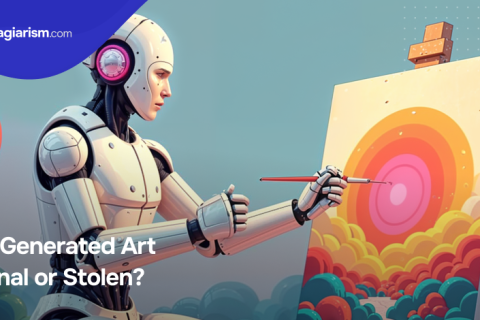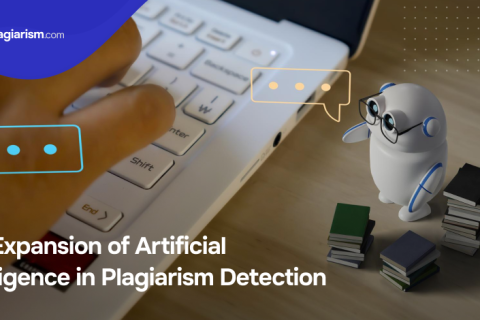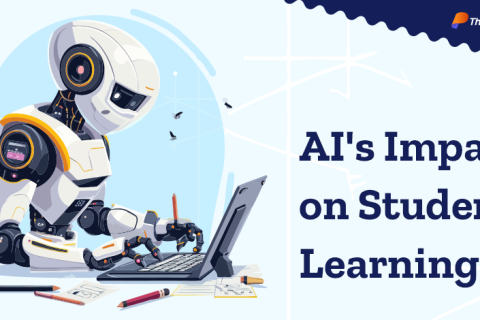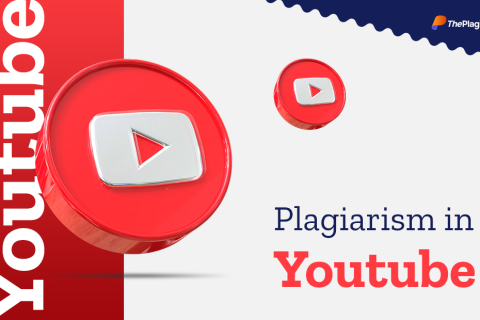AI Content Creation and Copyright Concerns
06 Dec 2023

Everything is crystal clear when it goes about your own article or unique image. You are the author and you own all the rights to this content. What about non-human authors and creators? If you have made a list of requirements to the text and you got it from an AI tool, whose intellectual property is it: yours or the AI’s? Can ChatGTP be an owner of the ideas from its posts or articles? Who owns AI generated art or writing? Actually, there is no definite answer and both legal and ethical implications related to the ownership rights of AI platforms are still rather vague.
In case business intends to develop its marketing strategies with the help of AI-generated content, it is supposed to prevent the AI copyright infringement, taking into account two questions:
- Is chatgpt copyrighted?
- IIs there any AI copyright law that regulates infringement in this area?
AI content and Copyright
No one can answer the question about the actual importance of ChatGPT and its impact on human life. It will be clearer later on when it is possible to see all the issues with its use. However, even now it is evident that the content of AI platforms can be insufficiently accurate, biased, or even not truthful. More than that, they say that a lot of analysts, writers, and various kinds of content creators may become unemployed because of AI; so, the society requires specific legal provisions for the use of AI platforms and their generated content. The thing is that from the technical point of view, AI platforms need training on the human-created content and the users are never aware of what it is. Even if they comply with the laws on fair use of all materials, they can break these laws, knowing nothing about it.
According to the US Copyright Office, in some cases, it is possible to copyright AI-generated content but this statement is still rather vague. The current laws imply that only the work with a human author can get copyright protection, but what about using AI tools only for certain assistance? Provided that a writer asked a question and used the answer from ChatGPT in his own individual style and from his own personal point of view, will this work have the right for protection?
AI and Copyright Infringement
Lately, there have been numerous lawsuits on the copyright of articles, books, songs, and images. In November, Microsoft and OpenAI were sued for training the AI models via misusing ten thousands of non-fiction books. So, Manhattan federal court has to deal with the claim that OpenAI is grounded on stealing the copyrighted works of human authors. There is also a well-known accusation of Google which is said to steal personal data of millions of users and get copyrighted texts and images for training AI tools.
Owing to ThePlagiarism.com, you can discover with the utmost certainty whether the text you check for plagiarism is authentic; however, you cannot find the origins of the AI-generated text and get to know which human texts were used for training.
The thing is that the jury needs to get a sufficient number of proofs that the AI used particular content without permission and that the similarity between it and the AI-generated content is enough for the blames. While the number of issues related to AI and copyright is continuously growing, it is unlikely that infringement claims can succeed in the nearest future. The original human works are not identical with the produced AI content and it is not easy to prove that they are related.
A Piece of Art vs. a Product of a Technical Mind
Are the artists of the 21st century the same they used to be in the 20th century or even earlier? Can they impress the viewers, having only watercolors and paint brushes? What is more important – to be able to paint well or to have a brilliant idea for a new creation? If you have fancied an unusual art project and asked ChatGPT to produce it, who deserves the first prize? More than that, there is an important concern of ownership. Are AI generated images copyrighted? It has never been that easy to realize any idea, but who is the actual maker of the masterpiece? Art has become extremely commercialized and you can expect accusations of infringement if there are any similarities and images are used with no permission.
In your opinion, who owns created A.I. outputs? In general, there are three requirements to original art that implies authorship and protection of rights:
- the work is creative
- it is located in a tangible environment
- there is the author of the idea and actual work.
Copyright protection is possible only if none of the requirements are missed. Still, if it goes about AI-generated art, it is not possible to define the owner of any work neither from a legal not ethical perspective.
Currently, there are more questions than answers in the field of copyright AI. It is impossible to get back in time and forget about all the achievements. Everything has changed for coders, writers, artists, and all creative people. Still, the questions ‘Does AI generate plagiarized texts and images because of the training on human-made ones?’ and ‘Who owns AI generated images and texts?’ remain open. All AI programs help you create some work and provide you with a certain ownership right, but at the same time it is not copyright as it is. Are you a partner of the AI, a cheater, or an actual author? Is chat gpt copyright free? A machine cannot provide permission for the use of a certain piece of work; so, it will be in the public domain and no one can claim it is theirs. One of the ethical implications here is not to share any intellectual property that does not belong to you with the AI. Another one is not to claim that the resulting output is yours if it is actually created by the software, not you.

